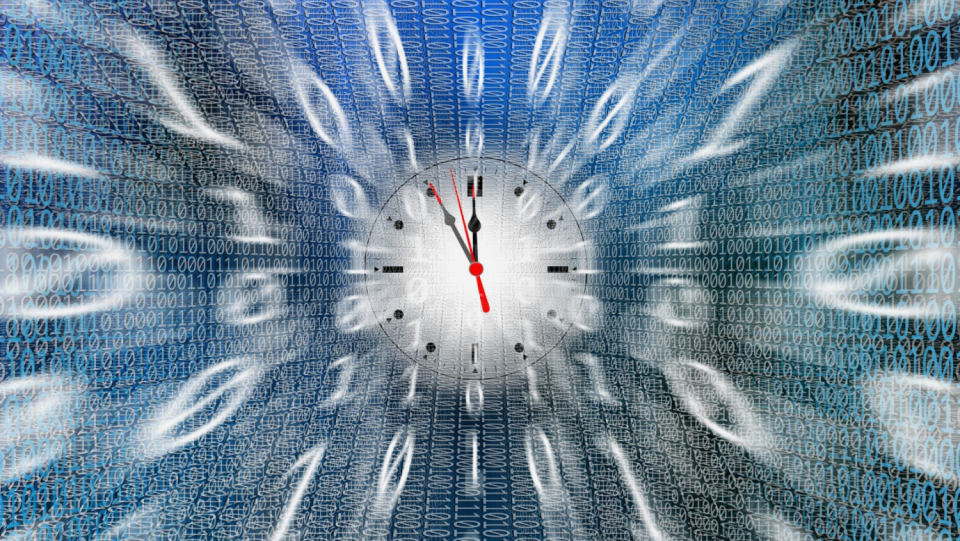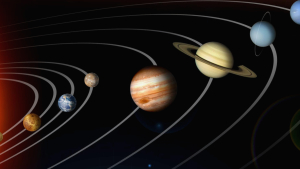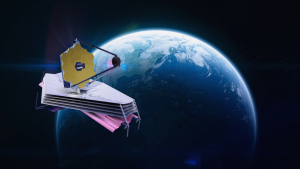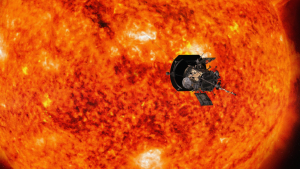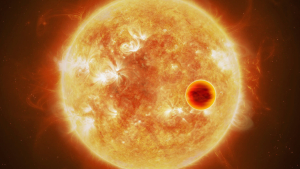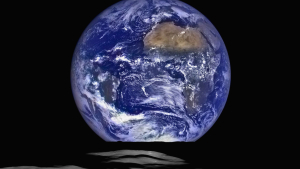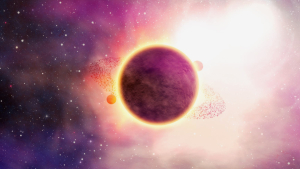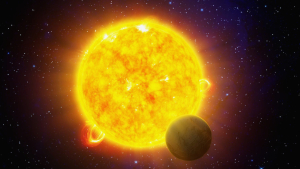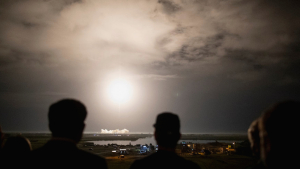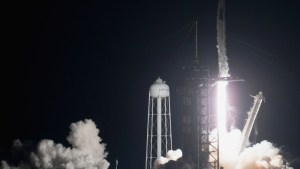By 2035 at the latest, there will be no more leap seconds. This was decided by delegates of international governments at the General Conference on Weights and Measures (CGPM) on 18 November. Among other things, they are following demands from technology companies such as Google, for whom the corrections introduced at relatively short notice cause technical and organizational problems. The leap seconds have been inserted since 1972 in order to keep the universal time (UTC) determined by atomic clocks as synchronous as possible with the astronomical time bound to the Earth's rotation. Now the leap seconds are to be suspended for at least a century. How to proceed after this is not yet clear.
The leap seconds are above all a technical problem because they are not predictable. They become necessary because the Earth's rotation is gradually slowing down – but this is very irregular. Processes in the Earth's interior affect the Earth's rotation, as do earthquakes in the crust, and even climate and weather. The effects are essentially unpredictable. Since 2020, the Earth's rotation has even accelerated so much that theoretically a negative leap second might be necessary.
Because of these imponderables, switching customers are only announced about half a year earlier. In addition, there is no international standard when and how a switching customer is integrated - there are various methods that lead to short -term shifts between different watches. Some systems, such as GPS, completely ignore the switching customers and orient themselves on the UTC. In extreme cases, these differences can be a few tenths of a second and pose the risk of malfunctions and security gaps, for example in financial markets.
The abolition of the leap second will cause UTC and astronomical time to diverge by about a minute in the next century. What to do about it and whether you want to eliminate the difference at all is still unclear. There are mainly historical and philosophical reasons for a close coupling of UTC and astronomical time – technically it makes more sense to decouple the time from the sun. For human perception, at any rate, it will make no difference for a very long time – in most countries, people are used to much larger shifts with the change from summer to winter time.







